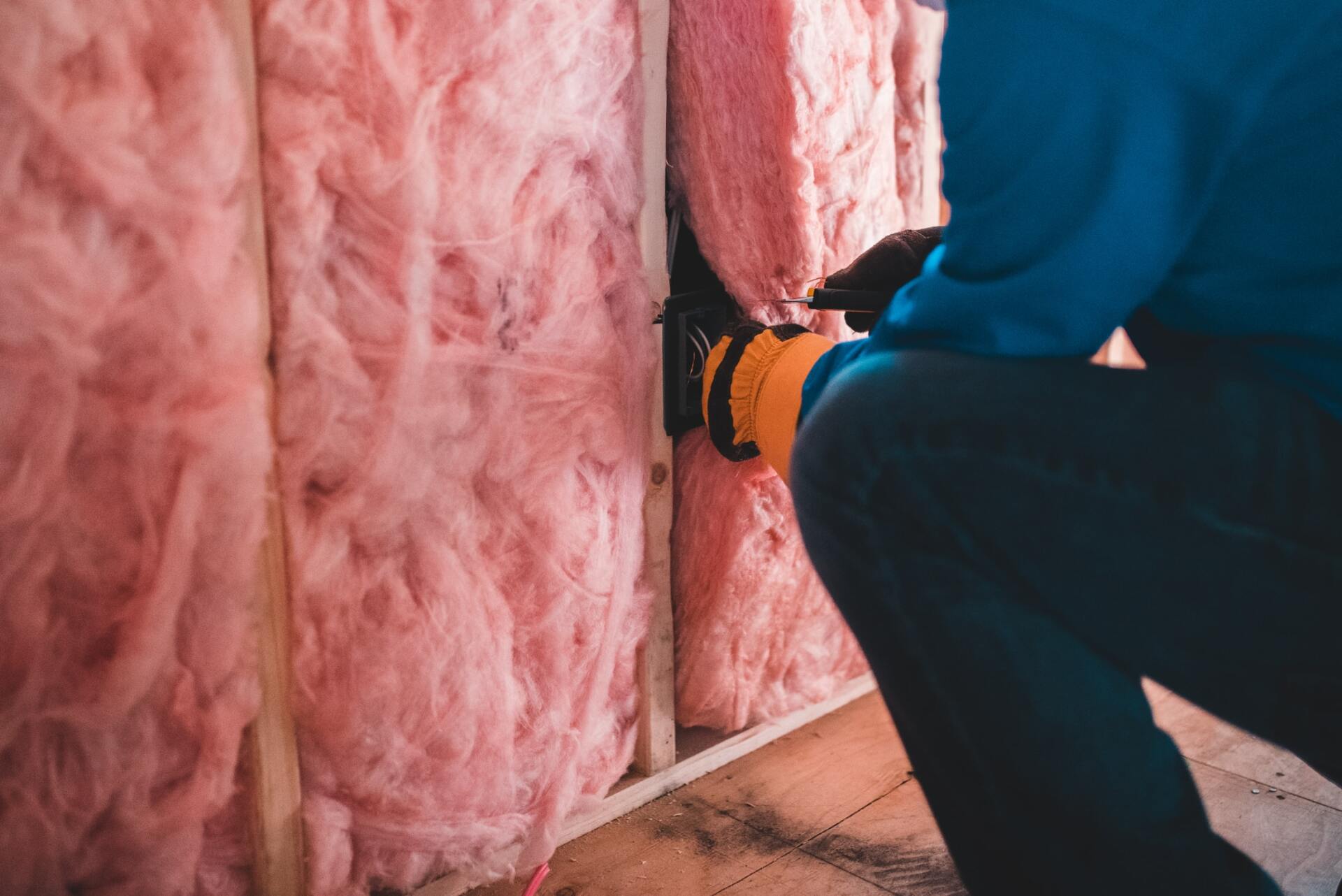Birch Vale Community Energy
Not for profit and volunteer led, Birch Vale CIC is developing a support mechanism and will introduce a range of measures to help encourage a strong, resilient local energy system. Providing low cost, clean power and heat across the community.
Could you help us work towards net zero?
What is community Energy
Climate change, rising energy prices, economic austerity, dwindling social cohesion – the world faces a number of challenges that can often seem depressing and intractable. Scratch the surface, however, and there are plenty of seeds of hope. Across the UK and wider world, people are coming together with their neighbours and showing that, with a bit of dedication and community spirit, it’s possible for people to make real progress on a whole range of big issues. The beauty of community energy projects is that they can help deal with so many problems at once, making a difference at the local and global levels simultaneously. This is our aim for Birch Vale, bringing back power to the people... as well as some heat.
Potential Technologies for Birch Vale
towards meeting an estimated, collective demand profile of 800 MWh of electricty and just over 1 GWh for heat each year
Solar PV
The cost of installing solar pv systems has reduced significantly. With the use of some storage we are aiming to install a further 400KW of cells in Birch Vale . This will be a mix of ground and roof mounted systems.
New panel designs and innovative mounting systems allow panels to be better integrated within roofs
Combined heat and power (CHP)
Larger scale opportunities lie on the western boundary of Birch Vale. We are investigating the feasibility of capturing heat energy derived from sustainable sources. Utilising a heat exchanger and a closed loop organic rankine cycle engine, the system will produce power and heat with high efficiency and minimal operational cost.
Electric vehicles
As we come out of lockdown, electric vehicles will have an important part to play in reducing emissions from transport and helping the UK reach its net zero targets. Battery electric vehicles are 100% electric vehicles that don’t produce exhaust emissions. We are seeking views on where to place community chargepoints - if you have any suggestions -
Heat pumps
Devices that provide heat energy transferred from a source of heat or warmth, to a destination called a heat sink, effectively ‘pumping‘ warmth from one place to another. We have a few options for Birch Vale include medium scale water sourced and ground source. On a smaller scale we are assessing ground source and air source.
Biomass
Biomass is a renewable energy source, generated from burning wood, plants and other organic matter. We consider biomass a renewable energy source, if the plants or other organic materials being burned are replaced.
An opportunity to coppice, currently unmanaged woodland could provide a percentage of fuel, the remainder being sought from those involved in arboricultural activities across High Peak.
District heat networks
It’s all about taking energy released as heat from a varied range of energy sources, and connecting to energy consumers through a system of highly insulated pipes.
Our phase 1 feasibility study will assess DHN to identify if this new distribution system would be suitable for Birch Vale.
-
Focus on energy efficiency
Book a free surveyWe are now offering free energy surveys to qualifying homes and businesses in Birch Vale. This will include optional installation of basic efficiency tech with more advanced measures to follow...





